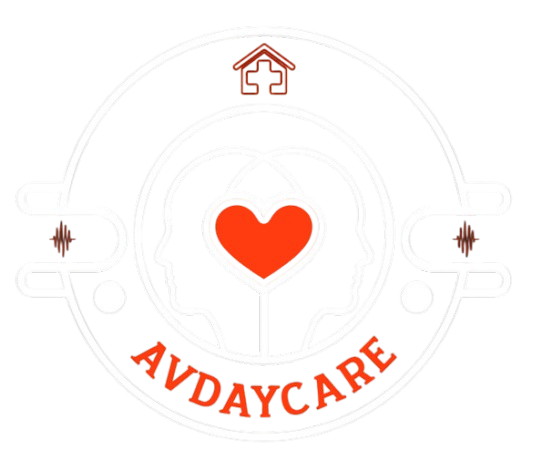Creatine is an organic acid that our bodies naturally produce and obtain by consuming specific foods, particularly seafood and red meat. Creatine is stored in our muscles so that we may quickly access it during high-intensity exercises like sprinting or weightlifting. In terms of formulation, the International Society of Sports Nutrition has authorized and recommends creatine monohydrate supplements as both a safe and the most effective version of the supplement available. Creatine supplements for cutting and bulking are typically used to achieve bodybuilding objectives.
Gaining Muscle and Strength Using Creatine
Creatine is the most efficient supplement for building muscle and enhancing strength. It is widely used in bodybuilding and fitness communities. Compared to training alone, research suggests that using creatine supplements can double your strength and lean muscle development. There are phases to this bulking period.
- Loading Instructions
The most usual strategy for people to take creatine is to begin with a loading phase designed to thoroughly saturate the muscle’s creatine stores, followed by a maintenance phase in which the dose is reduced to keep levels where they need to be. Because creatine can produce bloating and stomach irritation in many people, some choose not to follow the loading phase to this point, preferring to sacrifice time over water retention.
- Transitioning to Maintenance
After the loading period is over, you proceed to maintenance. Some people can live on five grams per day, but 2-3 grams per day would suffice for most people. One variable in this equation was whether or not you ate red meat, as red meat contains creatine, which reduces the need for further supplementation.
So, is Creatine appropriate for use when cutting?
Taking creatine when cutting is advantageous for several reasons. It’s primarily due to enhanced gym performance, as creatine supplementation allows you to hit more reps and sets in heavy power workouts like deadlifts. In the near term, this could result in increased daily energy expenditure and an increased possibility of a calorie deficit, which is critical when attempting to lose body fat. In the long run, the performance benefits of creatine on resistance exercise (a significant determinant in mass muscle maintenance in an energy deficit) may improve the looks of your body when cutting.
Summary
Creatine is typically connected with ‘bulking’ times because it is supposed to aid in muscle-building by allowing you to work harder for more extended amounts of time in the gym. When it comes to dieting, it doesn’t appear to fit because you’re more concerned with fat reduction than strength and muscle development.






